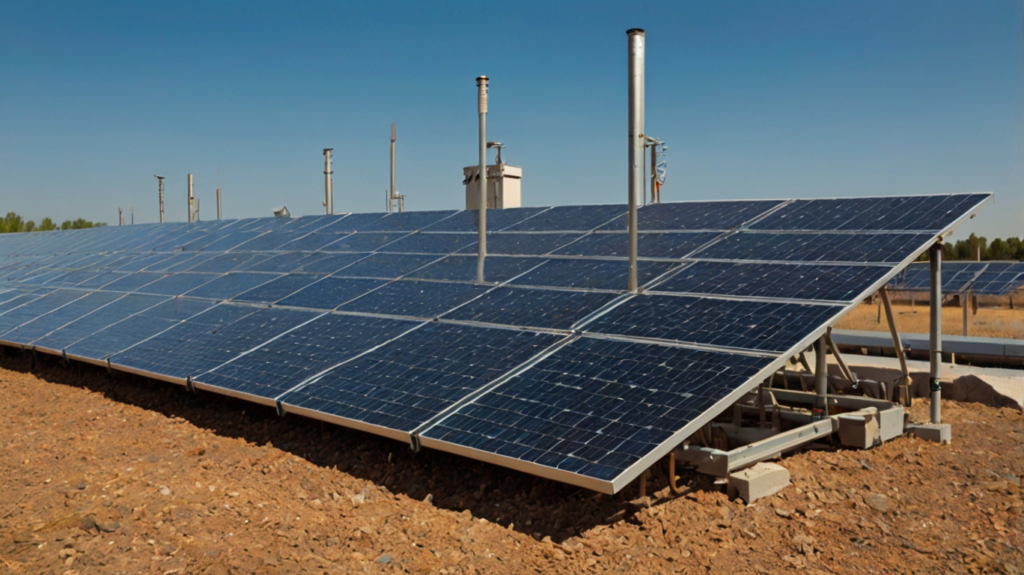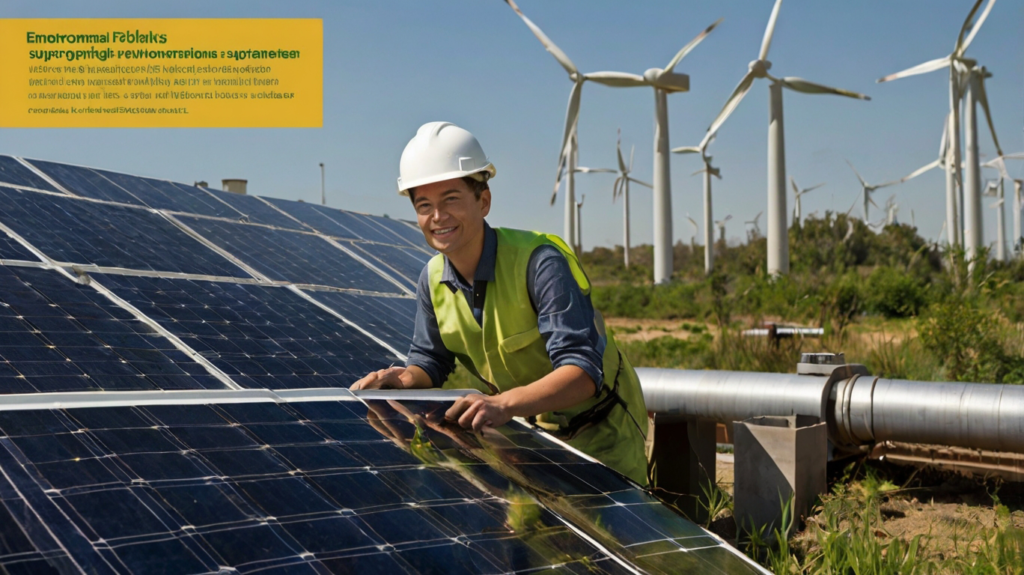Solar panels, often referred to as photovoltaics (PV), play a crucial role in the modern push for clean and sustainable energy. As we move towards a greener future, understanding the purpose and benefits of solar panels becomes increasingly important. Let’s dive into the primary purpose of these devices and how they contribute to energy efficiency, cost savings, and environmental sustainability.
Capturing Solar Energy
At its core, the purpose of a solar panel is to capture energy from the Sun and convert it into electricity. The Sun emits an enormous amount of energy daily, and solar panels are specifically designed to harness a portion of this renewable resource. Made up of numerous photovoltaic cells, these panels absorb sunlight and create an electrical current through the photovoltaic effect. This electricity can then be used to power homes, businesses, and even large industrial facilities.

Reducing Dependency on Fossil Fuels
One of the most significant purposes of solar panels is to reduce our reliance on fossil fuels. Traditional energy sources, such as coal, oil, and natural gas, are finite and contribute to pollution and climate change. Solar panels offer a clean alternative. By generating electricity from sunlight, they help reduce greenhouse gas emissions and lower the carbon footprint of energy consumption. For individuals and businesses committed to sustainability, solar panels are an essential step toward a greener future.
Providing Power in Remote Areas
Solar panels are also invaluable for providing electricity in remote or off-grid locations. In areas where traditional power infrastructure is unavailable or unreliable, solar panels can supply a consistent and renewable source of energy. For instance, rural villages, cabins in the wilderness, and even space missions rely on solar technology to meet their energy needs. This capability makes solar panels an essential tool for improving access to electricity worldwide, promoting equity and economic development.

Lowering Energy Costs
Another key purpose of solar panels is to save money on electricity bills. By generating your own electricity, you can significantly reduce your reliance on grid power. Many homeowners and businesses install solar panels to lower their monthly energy expenses. Additionally, excess energy produced by solar panels can often be sold back to the grid through net metering programs, further offsetting costs. While the upfront investment in solar technology can be high, the long-term savings and financial incentives make it an attractive option for many.
Enhancing Energy Independence
Solar panels contribute to energy independence by enabling individuals, communities, and even countries to generate their own electricity. This independence reduces vulnerability to energy price fluctuations and supply disruptions. For example, during natural disasters or grid outages, homes equipped with solar panels and battery storage can maintain power, ensuring critical systems remain operational. On a larger scale, widespread adoption of solar technology can decrease a nation’s reliance on imported energy resources.
Supporting Environmental Health
The environmental benefits of solar panels extend beyond reducing carbon emissions. Unlike fossil fuel power plants, solar panels generate electricity without producing air or water pollution. They also operate silently, contributing to a quieter environment. By transitioning to solar energy, we can help protect ecosystems, reduce the health risks associated with pollution, and preserve natural resources for future generations.

Encouraging Technological Advancements
The growing demand for solar panels has spurred significant advancements in renewable energy technology. As research and development continue, solar panels are becoming more efficient, affordable, and versatile. Innovations like flexible solar panels, building-integrated photovoltaics (BIPV), and solar roof tiles are expanding the possibilities for solar energy use. By investing in solar panels, individuals and businesses support the ongoing evolution of clean energy solutions.
Promoting a Sustainable Future
Ultimately, the purpose of solar panels aligns with the broader goal of creating a sustainable future. As the effects of climate change become more apparent, the need for renewable energy sources has never been more urgent. Solar panels play a pivotal role in the transition to a low-carbon economy, enabling us to meet our energy needs without compromising the planet’s health. By adopting solar technology, we can work towards a future where clean, renewable energy powers our homes, businesses, and communities.
Conclusion
The purpose of a solar panel goes beyond simply generating electricity. These innovative devices are key to reducing our environmental impact, lowering energy costs, and providing power to underserved areas. They empower individuals and communities to take control of their energy use while supporting the global shift toward sustainability. Whether you’re considering solar panels for your home, business, or a remote project, investing in this technology is a step toward a cleaner, greener, and more resilient future.
